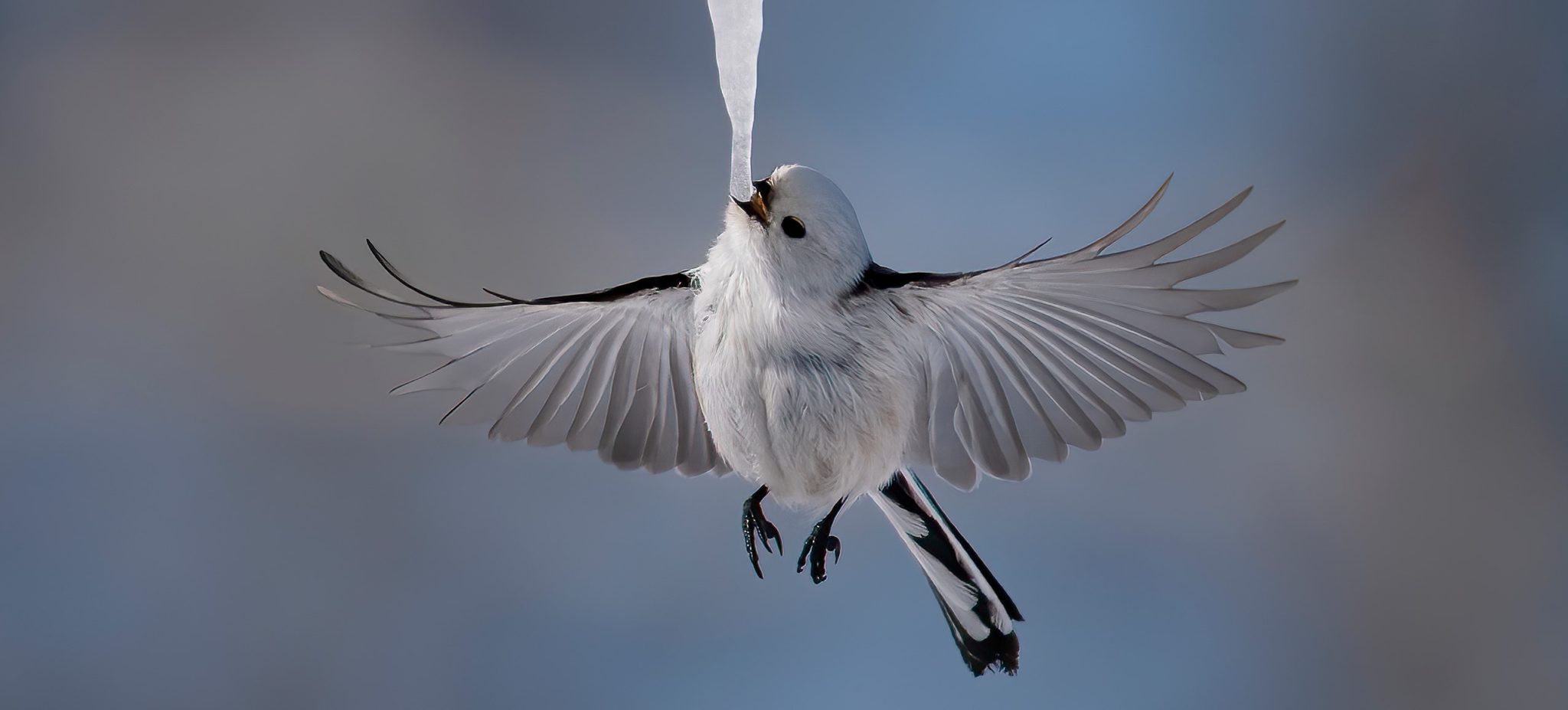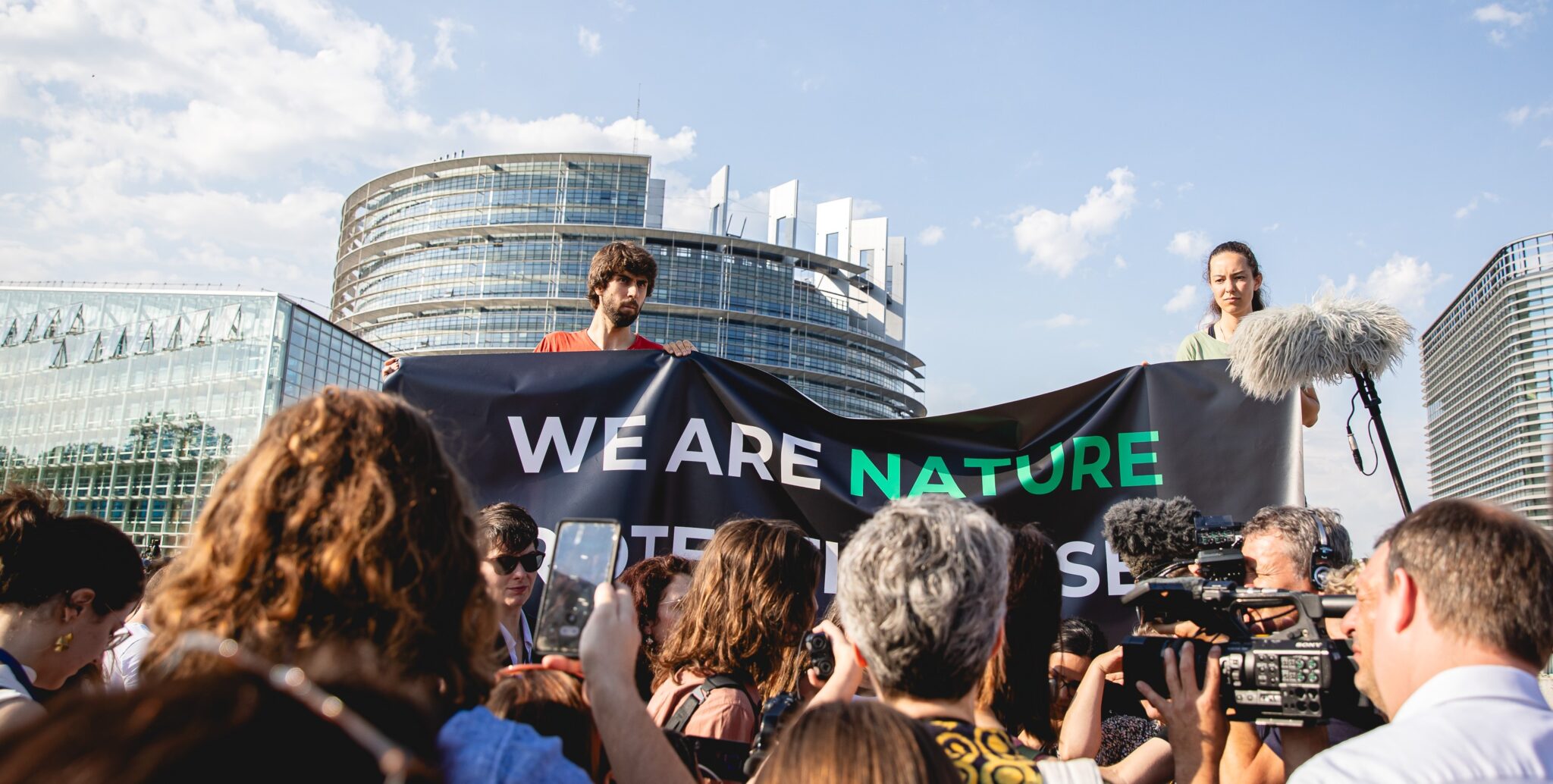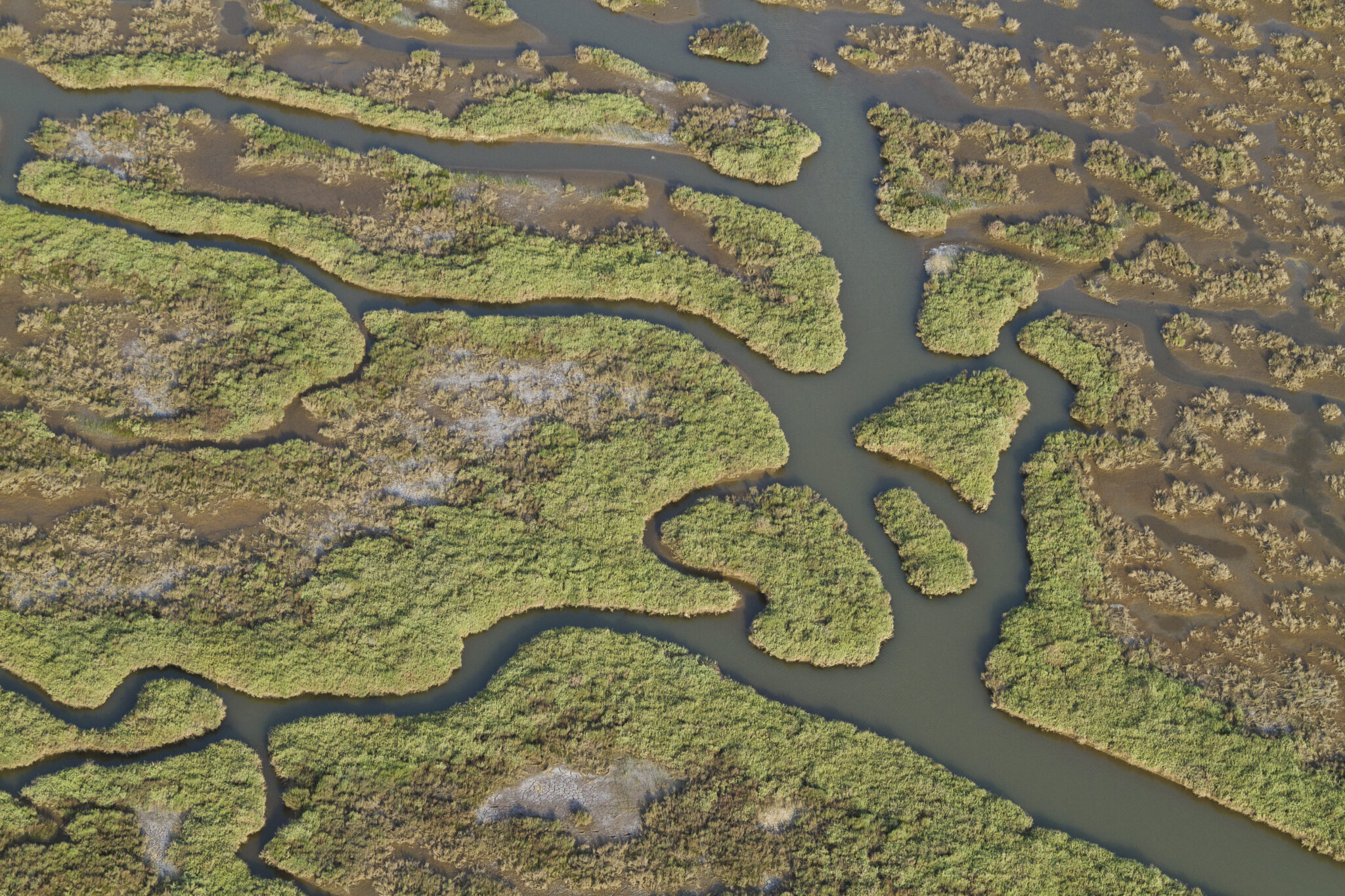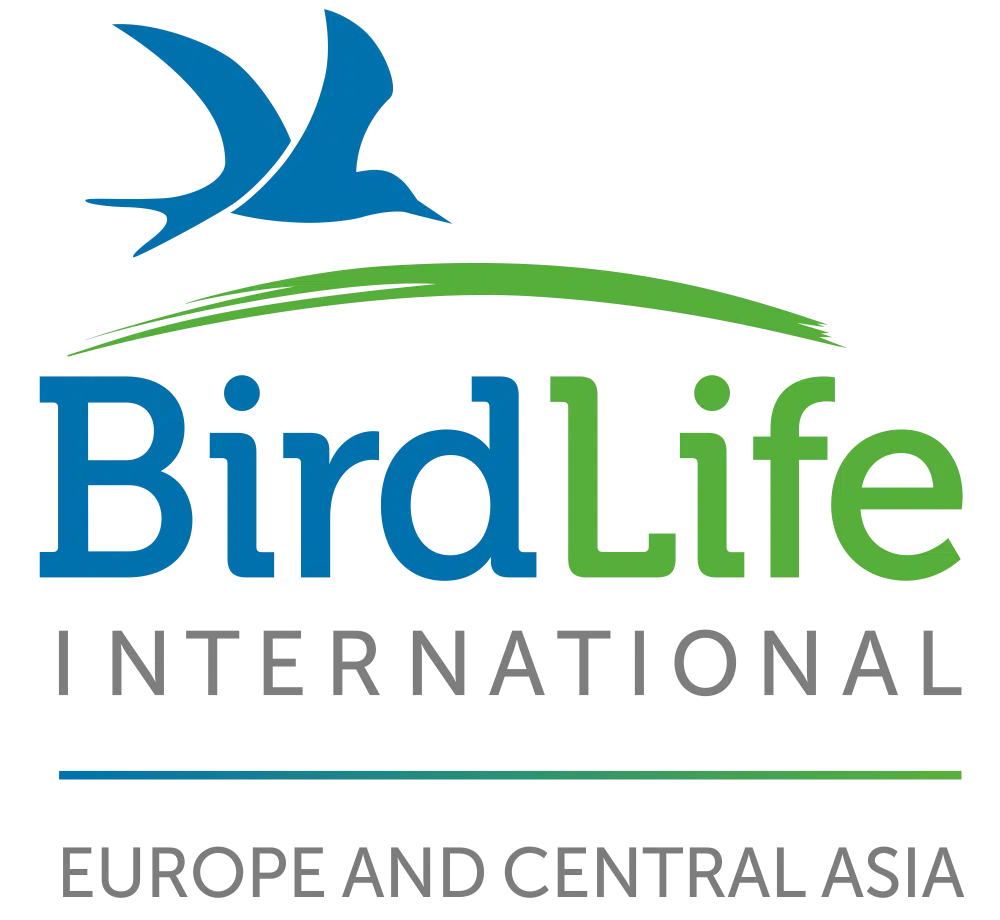Summer is over! Back to European nature politics
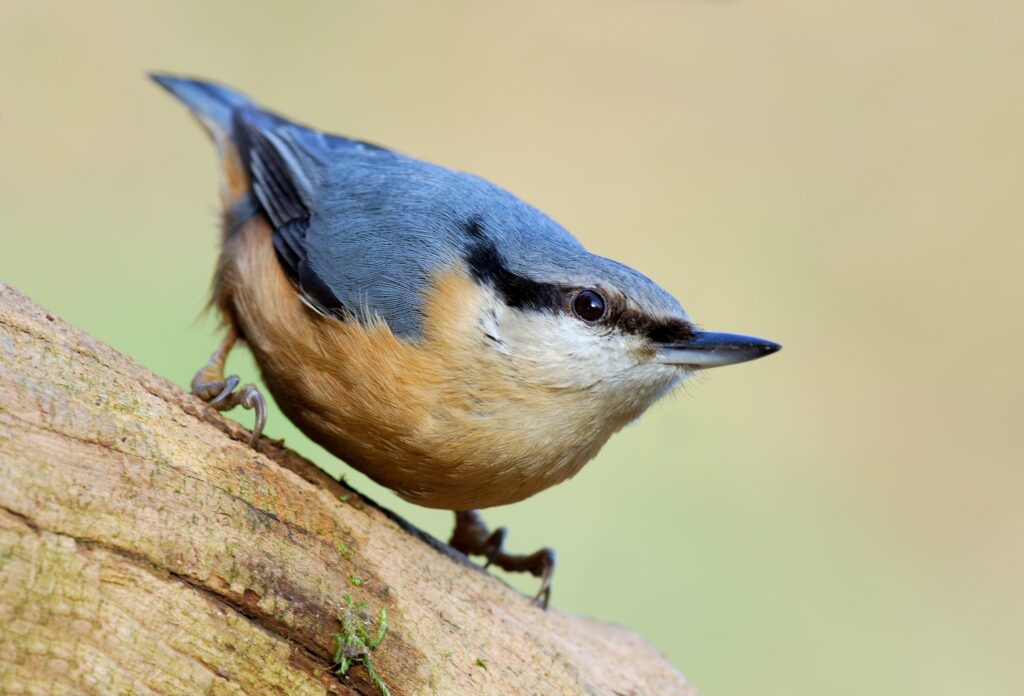
After another summer with extreme weather, EU decision-makers are returning to their desks in Brussels. Meaning, it’s time to get back to those debates that matter most for nature and our future. Here’s what to look out for:
The fight for a toxic free future
Lead is a toxic pollutant. Yet, it’s spewed into our environment through hunting, sports shooting, and fishing activities. Much to the joy of hunting lobbies, the European Commission is late publishing the legal proposal to ban lead from these activities. Vested interests would be happy if the proposal fails to come out before the next EU elections, which would cause even further delays in the political process. BirdLife will continue its fight to ensure the Commission’s proposal is published in the next four months, and voted in plenary before the Parliament disbands at the end of its mandate in spring 2024.
Toxic-free food would be nice too
Talking about toxic… This autumn, policy makers will return to their copies of the Sustainable Use of Pesticides Regulation (SUR) and vote on its amendments. It has the meaningful- and much needed – goal to reduce the use and risk of pesticides by 50% by 2030. This law is extremely important to both reverse the trend of collapsing farmland bird populations and improve the health of citizens and farmers. Yet, it remains unsure if policy makers will find the courage to approve it, or be swayed by powerful agricultural lobbies solely interested in short-term profits.
Will the EU manage to offer us healthier diets?
During the third quarter of 2023, the long-awaited Sustainable Food Systems Framework law should be published. This law aims to make our diets healthier and more environmental-friendly, by ensuring consumers are offered better choices and government policies are aligned with human and planetary health objectives. Regrettably, the law will most likely fail to regulate middle chain actors, such as supermarkets and food processors, or shift of our diets towards consuming less animal proteins. But this is just the beginning of the legal process, and BirdLife will work to give this law the substance both people and nature need.
Getting the EU Nature Restoration Law back on track
Before summer, both the EU Council and Parliament agreed on their positions on the Nature Restoration Law. Now, the so-called trilogue negotiations are kicking off under the lead of the Spanish Presidency. The final adoption of the legal proposal is expected by the end of 2023 or March 2024 at the latest.
We continue our battle to bring back the targets and legally binding force we need for biodiversity, climate, and society at large into the law. Let’s hope the devastating floods and fires that marked our continent this summer will serve as a reminder to our politicians that it is in the best interest of everyone to have a strong law to restore nature.
The final courtesy vote on the Renewable Energy Directive
The Renewable Energy Directive (RED) is due for its final adoption in September. Not much has changed since the final trialogues took place in March and it still looks as grim. Governments will continue to pour billions of euros in the fake renewable called bioenergy. Bioenergy is responsible for burning 50% of Europe’s logged wood. The definition of what can and cannot be considered bioenergy is simply too weak to stop the destruction of important forest habitats and the increase in greenhouse gas emissions.
The RED also aims to expedite the rollout of renewable energy by encouraging EU countries to identify acceleration areas for renewables. BirdLife will keep advocating for a holistic approach to plan and manage human activities in a way that places the protection and restoration of ecosystems at the same level as the reduction of greenhouse gases. And EU countries should choose these areas in a science-based and data-informed way.
Ocean politics
MEPs will cast their final vote on the new Fisheries Control Regulation this autumn. BirdLife will monitor its effective implementation and push Member States to use Remote Electronic Monitoring (REM) for data collection on bycatch. REM data is collected with sensors and can help verify what is caught and where a boat is fishing.
And finally, Birdlife will keep a close eye on the EU Parliament’s PECH Committee, which is drafting an own-initiative report set to come out by the end of the year. The report follows the publication of the EU Action Plan for the protection and restoration of marine ecosystems which failed to propose the measures needed to protect nature and reverse ecosystem degradation. As it stands, Member States continue to fail to implement environmental legislation, to the benefit of industrial fishing, against coastal communities and nature. BirdLife will work to see that the Parliament’s report is aligned with the recommendations of scientists and civil society and in line with the European Biodiversity Strategy.
Cover picture: Rollin Verlinde
You might also be interested:
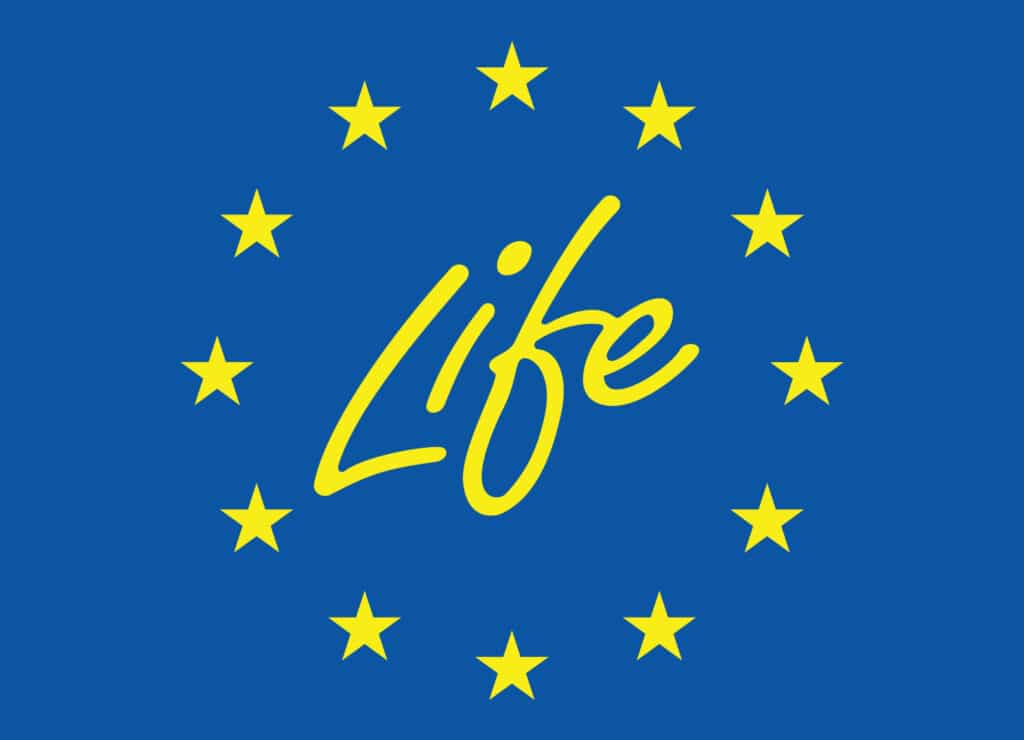 | Stichting BirdLife Europe gratefully acknowledges financial support from the European Commission. All content and opinions expressed on these pages are solely those of Stichting BirdLife Europe. The European Commission is not responsible for any use that may be made of the information it contains. |
